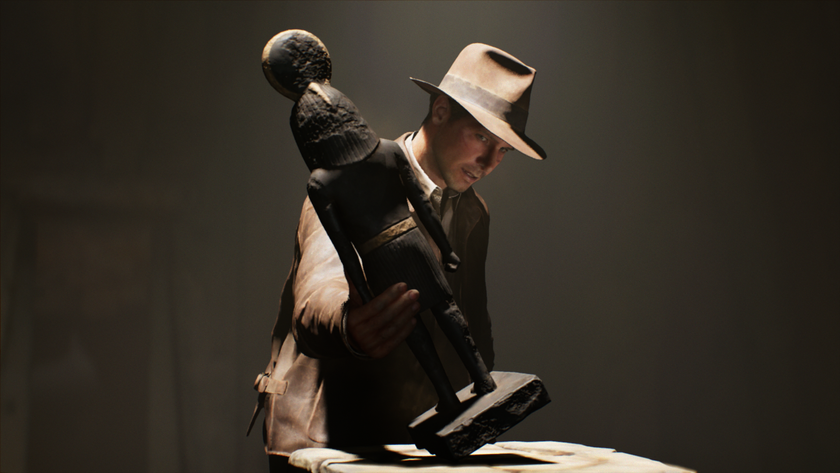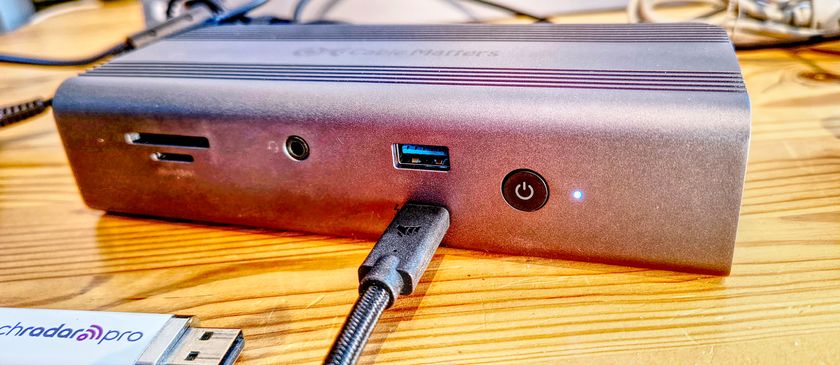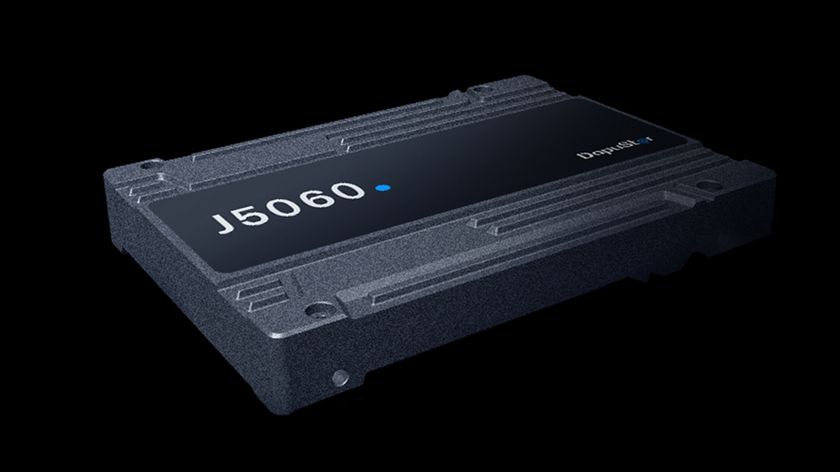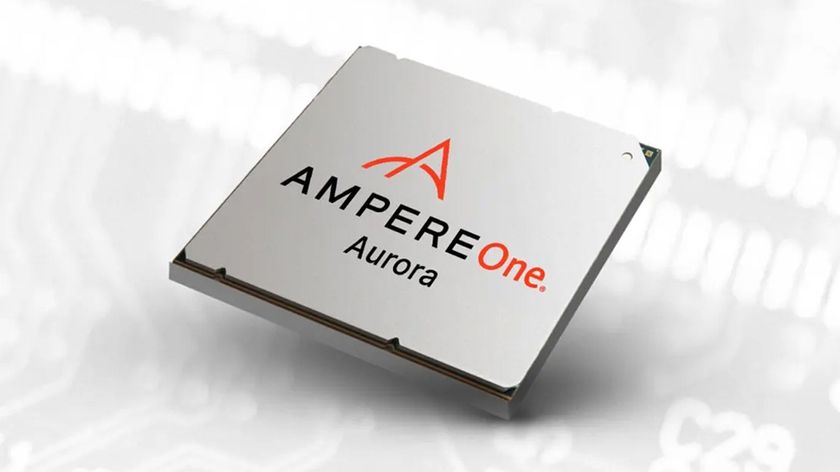Cliff Bleszinski on the next Xbox and our always-on future
'Always on isn't even about the connection'
If there are systems being designed with this sort of functionality, I certainly hope that the people building them have the presence of mind to figure out workarounds for these problems. A random sample would be to allow for a grace period of N minutes if a connection dies to maintain status.
I'm not that hardcore of a power user. I'm very mid-range when it comes to my technology use. I let some other early adopter suffer through any first release of any new hot product and then come in once the issues are fixed with the second revision. However the only way I watch movies and say Game of Thrones now is to stream them on Xbox movies and HBO Go in HD. I've only had a handful of problems with streaming on these fantastic services, ever, even with my spotty Time Warner service. I'm used to it. And when it works no one really ever seems to mind it.

TR: What tech obstacles stand in the way of an always-on console being a success? Or is the groundwork there so that something like this may not necessarily be a success right off the bat, but will garner supporters as time goes on?
CB: Broadband penetration. I've casually Googled the numbers and it appears as if in the majority of developed nations (read: the ones that would be likely to enjoy video games) broadband penetration is at 60 percent of more of households that have a computer. That's good, but we can do better. I want full global Wi-Fi that is flawless and fast. Google fiber. All of it. Once it's there no one will really worry about it.
The reason Adam Orth used the infamous "vacuum" analogy is that it took people a while to part with their candles before they actually counted on reliable power for their light bulbs and fancy new devices. For the most part, we have power, and it's consistent and useful. Power going out is fairly rare in most areas. Broadband will eventually be like that. The fear comes from the fact that it's not quite there yet.
TR: Somewhat related, but perhaps the next Xbox won't have always on as a feature. However, if it's coming to another future Xbox or another console sooner rather than later, what does a successful always-on device look like in your mind?
CB: I want to see a system that lives and breathes into the community. We're at the point where the hardware isn't exactly the most exciting thing. It's nice, sure, but the online feature set, the ability for users to participate and contribute to the experience through videos of their sessions, crafted levels, hell, their own games – that's what needs to happen. Crowdsource the success of the console through the power of community. Oh and also build a nearly idiot-proof online gaming platform that encourages cooperation and votes the trolls and racist/sexist idiots into oblivion.
Get daily insight, inspiration and deals in your inbox
Sign up for breaking news, reviews, opinion, top tech deals, and more.
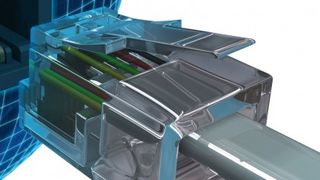
TR: You've seen the backlash surrounding the idea of an always-on console. What perceptions need to change? You write about the average consumer in your blog – are they going to need less convincing of the possibility this will work than hardcore, edge-case gamers?
CB: If you're the average gamer, say, the person who buys GTA, CoD and Madden throughout the year and calls it a day and you have a steady broadband and a console comes out that requires an always-online connection, you're not going to care or bat an eyelash. The more hardcore, edge case gamer is harder. They're the ones who are constantly accused of being thieves. (Shout out to those who actually are and make everyone else suffer because of it.) If you're a gamer who earns his or her money who buys games on Steam and is constantly told you have to have all of these restrictions because, hey, you're a criminal you'd probably take to a message board and write some nasty things as well.
Michelle was previously a news editor at TechRadar, leading consumer tech news and reviews. Michelle is now a Content Strategist at Facebook. A versatile, highly effective content writer and skilled editor with a keen eye for detail, Michelle is a collaborative problem solver and covered everything from smartwatches and microprocessors to VR and self-driving cars.

